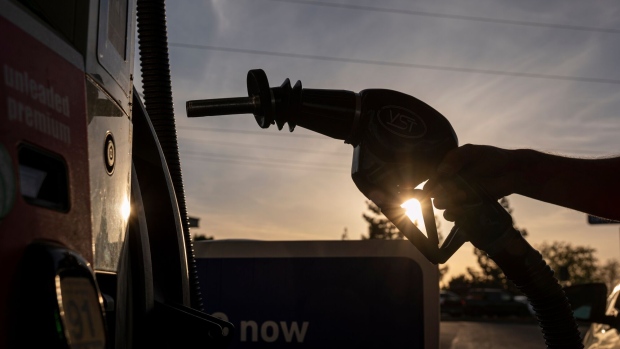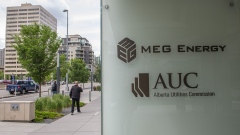Sep 5, 2023
Congress Set to Sell East Coast’s 1 Million Barrel Gas Reserve
, Bloomberg News

(Bloomberg) -- Congress is poised to sell off a 1 million barrel emergency cache of gasoline created in the aftermath of Hurricane Sandy amid questions about the reserve’s usefulness.
Legislation needed to fund the Energy Department slated for the Senate floor as soon as this month would shut the Northeast Gasoline Supply Reserve. The Republican-controlled House included the same language in its version of the bill.
The reserve was authorized in 2014 after Sandy damaged refineries and left terminals underwater leading some gas stations in New York to go without fuel for as long as 30 days. But the cache, kept in commercial storage terminals in Maine, Massachusetts and New Jersey, has never been used, according to a 2022 Government Accountability Office report.
The product reserves cost about $13 per barrel on an annual basis for operations and maintenance, compared to roughly 30 cents a barrel for crude oil stored in the Energy Department’s Strategic Petroleum Reserve, the report said.
The reserve “does not have the operational functionality that was envisioned post-Sandy,” President Donald Trump wrote in his 2017 budget request that also recommended killing the gasoline cache.
Today, gasoline stockpiles on the East Coast are near the bottom of the 10-year seasonal range and could dwindle further with two regional refiners set to undergo maintenance. One of them is Canada’s Irving Oil, the single most important supplier to the New England market.
Still, 1 million barrels doesn’t amount to much in the East Coast region, which burned through 3.26 million barrels a day of gasoline in June.
According to a July committee report on the Senate’s $58 billion energy and water appropriations bill, selling the reserves would have netted the government some $94 million. At today’s pump prices, that figure is even higher.
The move to sell off the reserve reflects that it hasn’t been a very good tool, said Kevin Book, managing director of ClearView Energy Partners, a Washington consulting firm.
“It’s too small to make a difference and too big to be cheap,” Book said.
--With assistance from Erik Wasson and Chunzi Xu.
(Adds details from GAO report in fourth paragraph.)
©2023 Bloomberg L.P.








